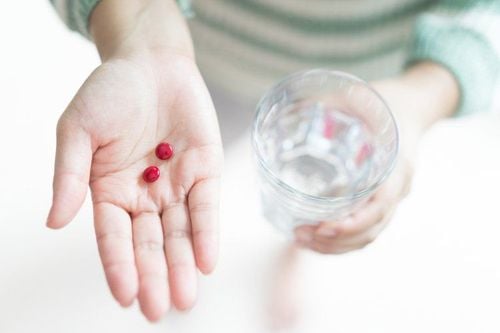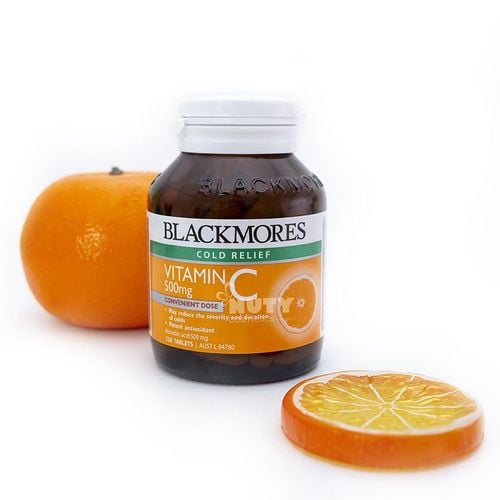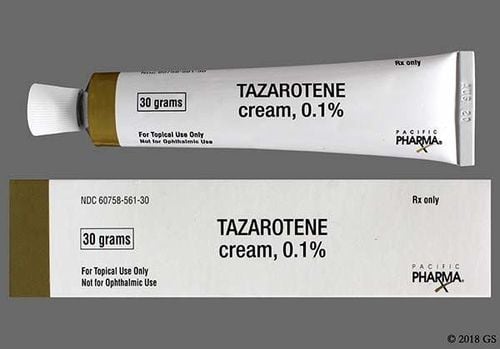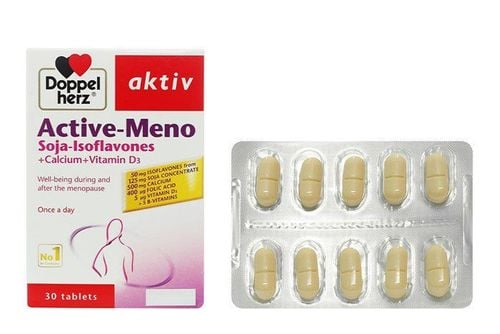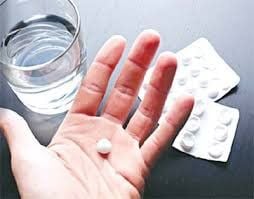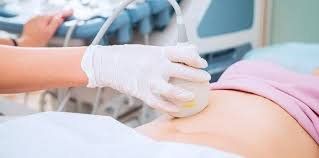This is an automatically translated article.
For menopausal and postmenopausal women, diet plays an especially important role in helping to reduce the risk of developing cardiovascular disease and osteoporosis, in addition to limiting the symptoms associated with menopause. lower estrogen levels.1. Diet and Bone Health During Menopause
To help maintain bone strength and density and prevent osteoporosis, you should look for two nutrients that are linked to bone health, calcium and vitamin D, to add to your diet for postmenopausal women. terrible .
1.1. Role of calcium in bones and joints The recommended calcium intake is 700mg per day for adults. You should be able to get all the calcium you need from your diet. Important sources of calcium are:
Dairy products, such as milk, yogurt or cheese (choose lower-fat options) Calcium-fortified products, such as bread (mostly) calcium-fortified bread flours), breakfast cereals and milk alternatives (e.g. soy water). Some green leafy vegetables like watercress and kale (but not spinach). 1.2. Effects of Vitamin D Vitamin D is important for bone health, because it helps absorb calcium from food. Vitamin D is produced in our skin when we are exposed to sunlight.
From April to September, you will usually get adequate amounts of vitamin D from exposure to sunlight through time outdoors and from food sources. From October to March, sunlight is not strong enough to produce vitamin D in the skin and we have to rely on food sources. Important dietary sources of vitamin D are: oily fish; egg; red meat and foods fortified with vitamin D by the manufacturer, such as spreads, breakfast cereals, and dairy products.
Because vitamin D is only found in a small number of foods, it is difficult to get enough vitamin D from foods or fortified foods to provide the amount of vitamin D your body needs. Therefore, people should take a daily supplement of 10 μg vitamin D during this period. People with limited sun exposure (eg, those who cover their skin or stay indoors most of the time) and people from ethnic minorities with dark skin are recommended to take 10 supplements. μg of vitamin D daily during year-round time.
For women at risk of osteoporosis, a high intake of vitamin A can have a negative effect on bone health. If you regularly eat liver and liver products, avoid taking supplements containing more than 1.5 mg of vitamin A per day. Pay attention to fish liver oil supplements because they are also often high in vitamin A. Maintaining an adequate menopausal diet will help women prevent many health problems during this time.
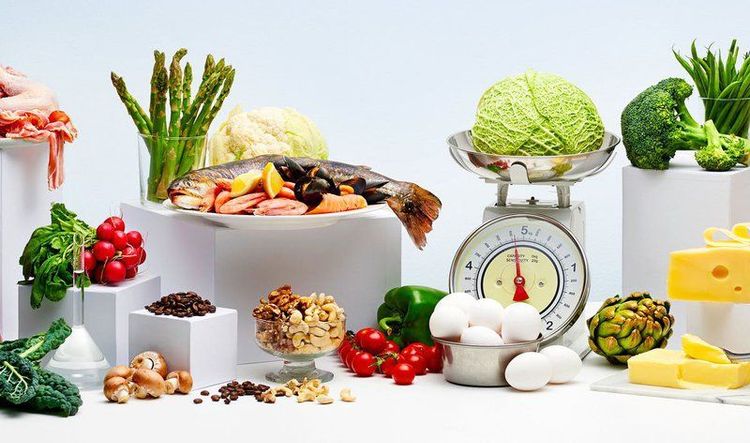
Dinh dưỡng đóng vai trò quan trọng đối với phụ nữ trong thời kỳ mãn kinh
2. Diet and Heart Health During Menopause
Postmenopausal women have a higher risk of cardiovascular disease, so it's important to make sure you're eating foods that help protect your heart.
What should menopausal women eat? Top dietary tips for a healthy heart include:
Cut down on saturated fat and replace it with unsaturated fat. For example, swap butter and coconut oil for canola, olive and sunflower oils and spreads made from them. Eat fish twice a week, preferably oily (such as mackerel, salmon or sardines). Track your salt intake, aim for less than 6g per day. Check nutrition labels on foods and do not add salt when cooking or on the table. Include high-fiber food groups and whole grains in your diet, such as whole-grain breakfast cereals, whole-wheat pasta, and beans (example: lentils and beans). Fruits and vegetables are also good sources of fiber. Don't drink excessively: adults should drink no more than 14 units per week, with a few alcohol-free days per week. This is considered a safe diet for menopausal people and limits the disease at this age.

Phụ nữ thời kỳ mãn kinh nên ăn những thức ăn tốt cho tim mạch
3. Monitor your weight regularly
Some women may gain weight after menopause due to the physiological and lifestyle changes associated with this stage of life. In fact, excess weight gain increases the risk of several diseases, such as cardiovascular disease, cancer, and type 2 diabetes.
Since postmenopausal women have an increased risk of cardiovascular disease, you must ensure that lifestyle factors, such as weight gain, are controlled so that they do not further contribute to the risk of developing sick. A healthy diet, applying the right nutrition for menopausal women can help you lose weight gradually and no longer have the problem of uncontrolled weight gain.
To find out if you are overweight, ask your GP to measure your BMI (body mass index), a healthy BMI of 18.5-25 kg/m2.
Waist circumference (dimensions) can also be used to assess the risk of obesity-related diseases (i.e. cardiovascular disease, type 2 diabetes and cancer) as these are affected by where fat is stored in your body as well as by your weight. Women with a waist circumference of 80cm or more have a high risk of obesity-related diseases, while those with a waist circumference of 88cm or more have a very high risk of disease.
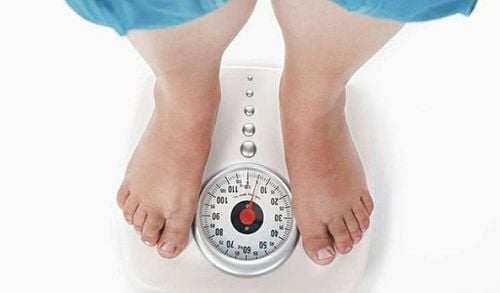
Kiểm soát cân nặng trong thời kỳ mãn kinh là điều vô cùng quan trọng
4. Diet for menopausal women
Several dietary factors, supplements and herbal remedies have been found to be beneficial in alleviating the symptoms of menopause. In particular, much attention has been paid to the role of phytoestrogens, as they are structurally similar to estrogen and may help alleviate some of the symptoms of low estrogen levels associated with menopause. These substances are usually found in plants.
Dietary sources of isoflavones include soybeans, legumes, lentils, chickpeas and foods made with them such as textured plant proteins, tofu, and soy beverages.
Dietary sources of lignans include whole grains, flaxseeds, fruits and vegetables.
There is some evidence that consuming isoflavones in food or as a supplement may help reduce symptoms of hot flashes and vaginal dryness during menopause. However, more research is needed to confirm whether isoflavone supplements are safe and effective in reducing menopausal symptoms.
Once the question has been answered, what should menopause eat? You may want to give yourself a healthy diet during this period. However, in order to prevent the risk of disease and not to be psychologically affected during perimenopause and menopause, women should have regular health checkups
Vinmec International General Hospital Currently, it is a reliable address because of modern medical equipment, quality examination and good service. Doctors are people with expertise and qualifications for many years. Visiting here will bring you the best experience and ensure safety in terms of health.
Please dial HOTLINE for more information or register for an appointment HERE. Download MyVinmec app to make appointments faster and to manage your bookings easily.
Reference source: nutrition.org.uk




